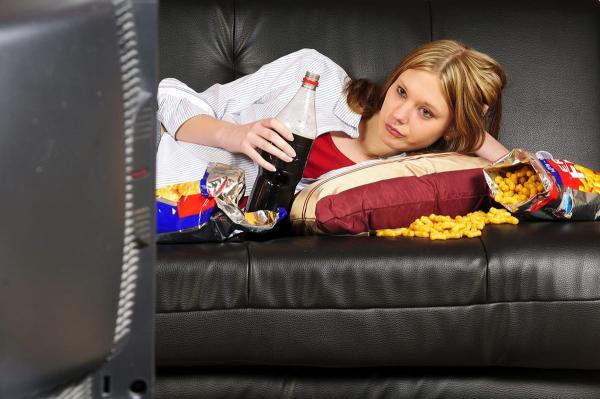
Most of us have an innate desire to fix problems, particularly if they involve those we love. We want to help when there's a need, but that help can sometimes turn to harm when we rob others of the opportunity to help themselves or when they become dependent on us. This is enabling, and it stunts personal growth and creates monsters.Whether it is an adult child who is floundering, an addict, a money-blower, or an abused friend, there is only so much you can and should do for them.
In addition to the damage it does to those we care about, enabling can lead to resentment, anger and frustration in ourselves.Here are some tips to avoid enabling in the first place:
1. Let your loved one know that you need time to process and think about it. Then take that time to assess the situation. Pray about it and ask what the best course of action would be. Analyze. Draw up a plan.
2. Aid should be the short-term solution, with the understanding that it is "first aid" and that self-reliance, whether it is financial, emotional, or physical, is the long-term goal.
3. Help the person in need to understand what you are able to do to help and that there is a limit. This can be done lovingly and without being apologetic.
4. Hold your ground. Though your heart may go out to this person and you want more than anything to help them, continuing that support will only lead to dependence. Stick with your plan. Let them know that you have other obligations and people to care for.
If, however, you find that you are already neck-deep in an enabling relationship, here are some ideas on how to escape:
5. Though the one who is dependent may be a member of your immediate family, you must not slight the rest of the family for their sake. Don't allow other good and solid relationships to break down because you are overdoing it with the one in need.
6. Yes, there may be extenuating circumstances. Yes, they had an awful childhood. Yes, they may have been bullied or molested or lived in poverty. Making excuses does them no good. Encourage them to break the chain, but whether they do is their choice. Whether or not you continue enabling is yours.
7. Nobody is going to buy the "everything's fine" line. It is not fine, and it will take time to fix. But the fixing is no longer your issue.
8. Literally. Stop cleaning up after them. Stop performing their responsibilities. You have your own.
9. If the problem is addiction or breaking the law, don't bail them out. They will never learn if they don't suffer a bit for their misdeeds.
10. By now, you have probably made your point and given them all the advice they need. Arguing will only fuel hard feelings. Simply walk away. Find something constructive to do.
11. If you tell them you are going to do something as a consequence to their actions, do it. Carry through.
12. Take timeouts to build yourself up. By doing so, you are silently showing them by example how to care for themselves.
Breaking dependence is one of the hardest things we may ever have to do. Holding others accountable for their lives and their actions is heart-wrenching. You may cry in your room, plead with God, or write scathing letters that never get sent. But breaking the cycle is something you must do.There are other family members and loved ones and friends who are doing their best and need the best you can give them. Make certain that your "do-goodedness" isn't interfering and breaking down those relationships. Remember: You can't draw water from an empty well.

